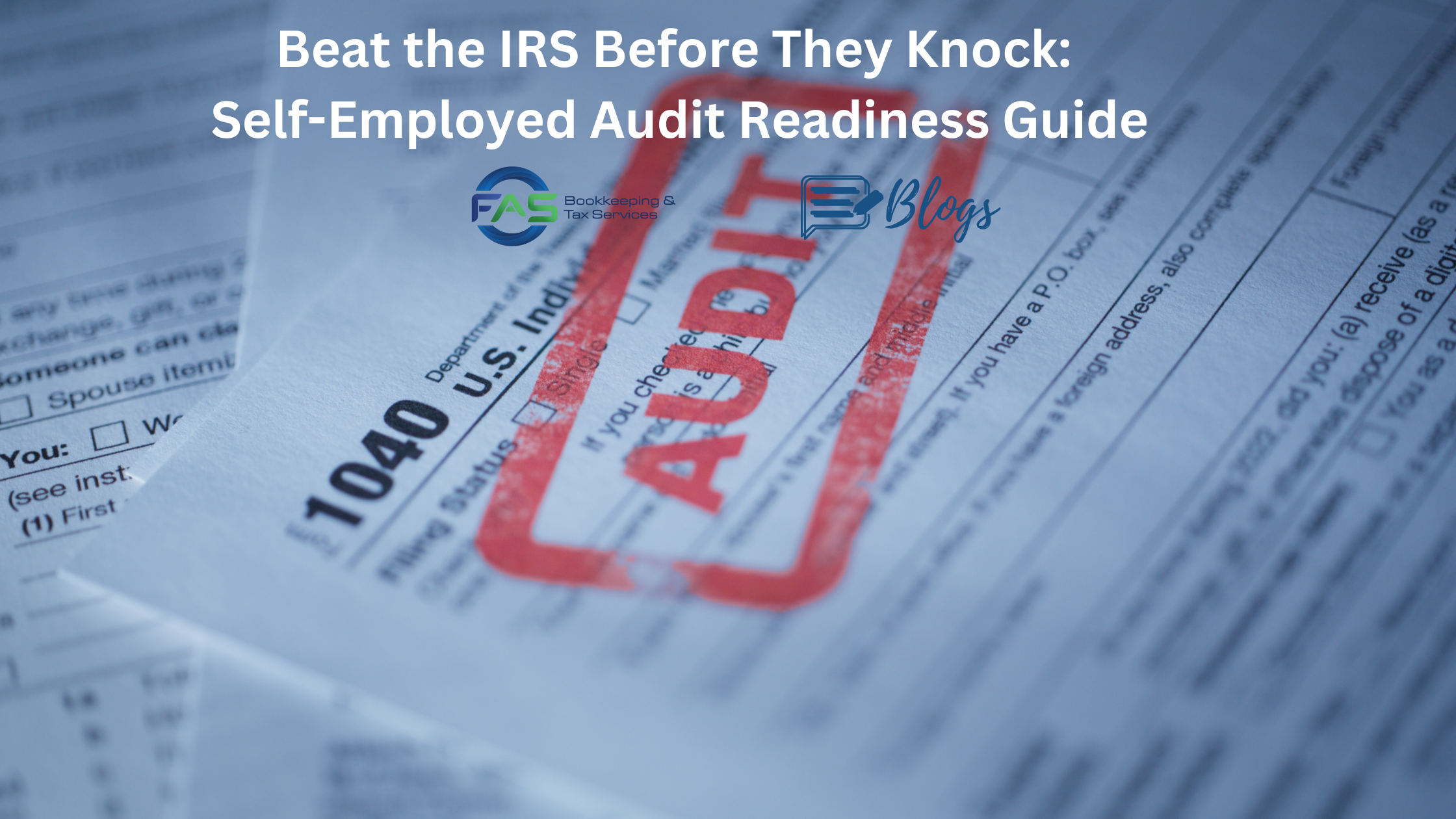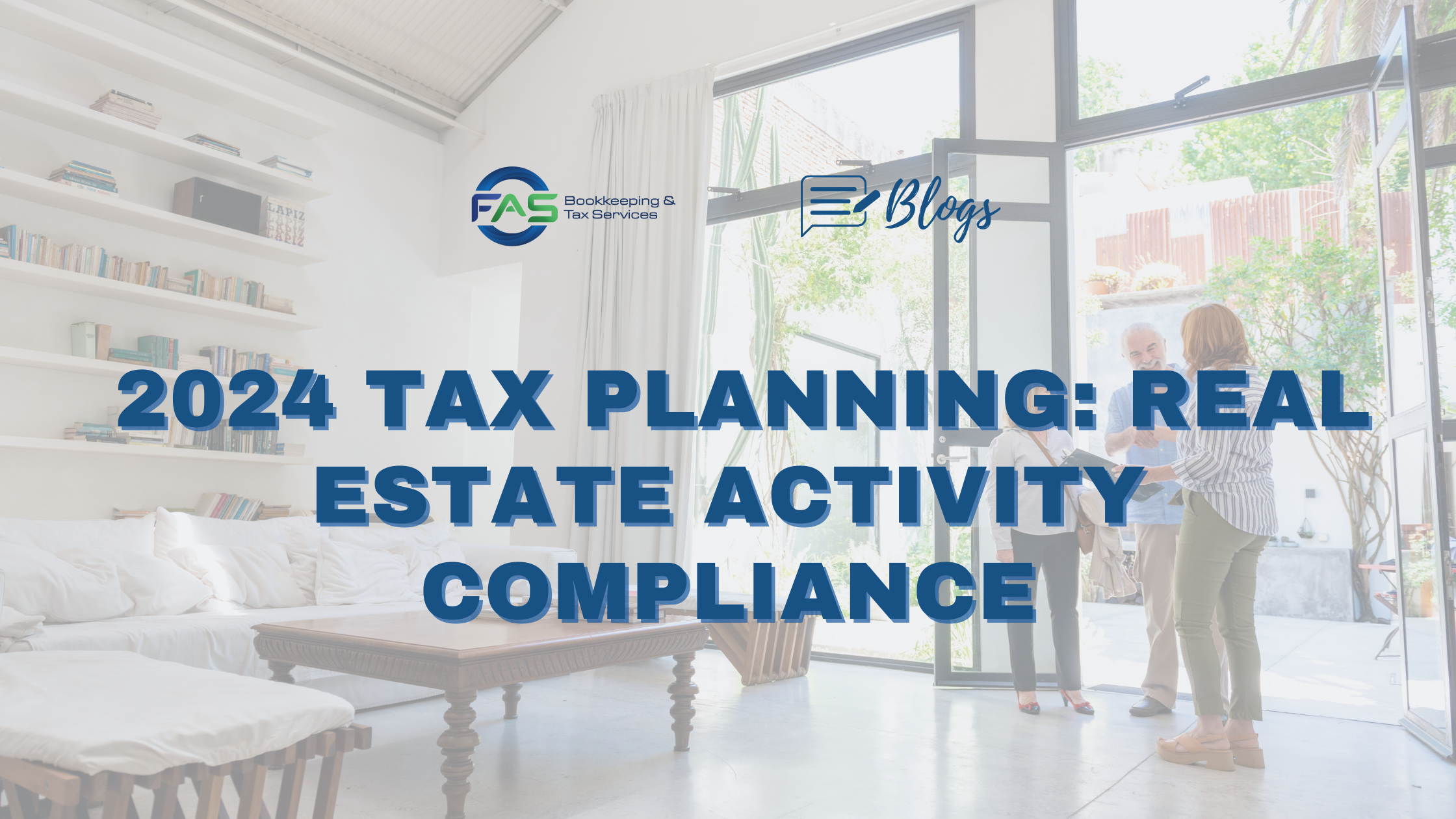2024 Tax Planning: Real Estate Activity Compliance
Landlords should be aware that keeping accurate accounting records is just as important as collecting the rent on time each month. If a taxpayer owns rental real estate, there are federal tax responsibilities. All rental income must be reported on their tax return, and in general the associated expenses can be deducted from their rental income.
If a landlord is a cash basis taxpayer, they will report rental income on their return for the year they receive it, regardless of when it was earned. As a cash basis taxpayer, a landlord generally deducts their rental expenses in the year they pay them. If a landlord uses an accrual method, they generally report income when they earn it, rather than when they receive it and they deduct their expenses when they incur them, rather than when they pay them. Most individuals use the cash method of accounting.
Rental Income
Landlords must include in their gross income all amounts they receive as rent. Rental income is any payment received for the use or occupation of property. Landlords must report rental income for all their properties. In addition to amounts they receive as normal rent payments, there are other amounts that may be rental income that include:
- Amounts paid to cancel a lease
- Advance rent
- Expenses paid by a tenant
- Security deposits
Rental Expenses
If a landlord receives rental income from the rental of a dwelling unit, there are certain rental expenses they may deduct on their tax return. These expenses may include mortgage interest, property tax, operating expenses, depreciation, and repairs.
Landlords can deduct the ordinary and necessary expenses for managing, conserving, and maintaining their rental property. Ordinary expenses are those that are common and generally accepted in the business. Necessary expenses are those that are deemed appropriate, such as interest, taxes, advertising, maintenance, utilities, and insurance.
Recordkeeping
Good records will help landlords monitor the progress of their rental property, prepare your financial statements, identify the source of receipts, keep track of deductible expenses, prepare their tax returns and support items reported on tax returns. Landlords must be able to substantiate certain elements of expenses to deduct them. Generally, the landlord must have documentary evidence, such as receipts, canceled checks or bills, to support their expenses. Keep track of any travel expenses that are incurred for rental property repairs.
Contact Us
Please call our office we can assist you with your real estate business. We can help you with your bookkeeping needs and identify the proper records to substantiate your business transactions.




